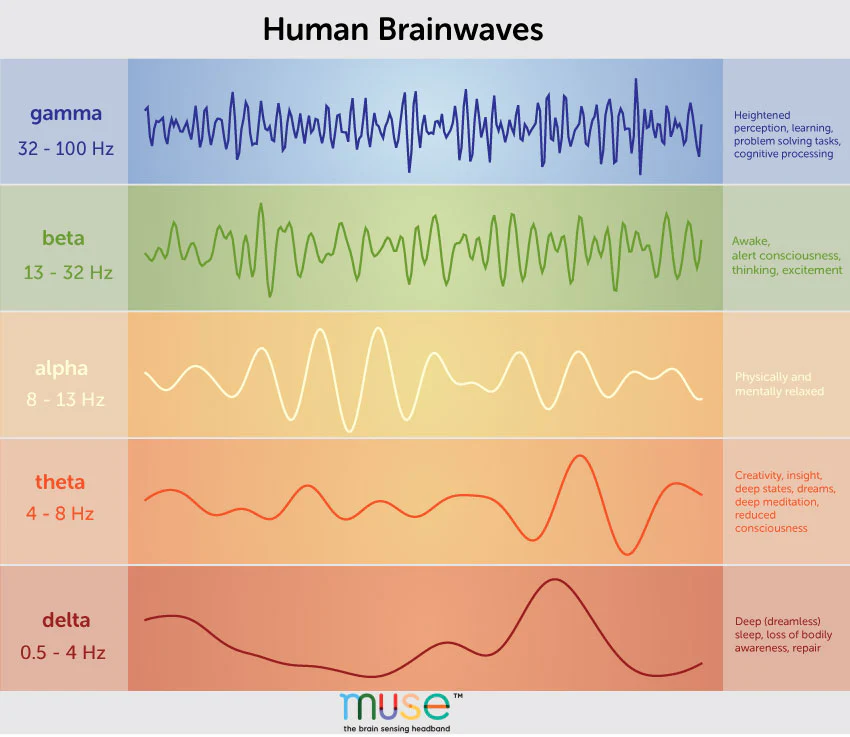Although Berkshire is a great school that provides as much support as it can, there are limitations to what it can offer, as every single student has different needs. To satisfy the needs of individual pursuits in learning, here are five different ways (VHS, Independent Study, Advanced Research, MIT OCW, Khan Academy) you can start learning beyond Berkshire’s curriculum.
Although all five ways are great paths to begin the journey of individual learning, note that only the first three are courses recognized by Berkshire School, while the other two are closer to supplementary resources.
Below are questions you might have about each way of learning!
- VHS (Virtual High School)
Q: What is VHS? How is it recognized by the school?
A: Virtual High School is an online learning platform that Berkshire School uses to provide students the opportunity to explore a variety of courses with all levels of difficulty from Regular High School Courses to AP-level courses. If you sign up for a VHS Course through Berkshire, the Grades will be reported in your transcript.
Q: How have people utilized VHS?
A: A lot of the people who took a course in VHS took AP courses that were/are not offered in Berkshire, like AP Psychology or AP Physics C: E&M, although people also used it to learn American Sign Language or Meteorology.
Q: What are the prerequisites for taking a VHS Course?
A: Besides the requirement of having 5 core academic classes and having an extra block for VHS, there isn’t any general prerequisite.
Q: How is a VHS Course Structured?
A: A VHS Course is an asynchronous platform where people are given readings, assignments, videos, and other materials to study the content of the course. Students are given the opportunity to interact with their teachers during office hours. I would recommend VHS to students who are comfortable with independent learning.
Q: Who should I ask to learn more about VHS?
A: For more information, you should start a conversation with Ms. Gaenzle Smith! Her office is on the 2nd floor of Allen in the KCL.
- Independent Study
Q: What is an Independent Study? How is it recognized by the school?
A: At Berkshire, students cooperate with a faculty mentor to design an Independent Study to pursue academic interests beyond the Berkshire curriculum. To get an Independent Study approved, students must present a written proposal to a panel of faculty members. After it is approved, Independent Study will appear as a sixth (or seventh) course on both your report card and your transcript (the report card is the unofficial record of our grades, whereas the transcript is the official document we use on college applications). At the end of the Independent Study, students present their final project at A.R.I.S.E. (Advanced Research and Independent Study Exhibition) in May.
Q: What can I do for Independent Study?
A: You can choose to pursue a variety of subjects (i.e. environmental science, computer science, music, math, etc.) as long as you have a clear independent plan, along with a final goal.
Q: What are the prerequisites for proposing an Independent Study?
A: Besides the requirement of having 5 core academic classes and having an extra block for Independent Study, there aren’t any general prerequisites, although there may be specific prerequisites depending on the project you wish to propose.
Q: How is an Independent Study structured?
A: The general structure of an Independent Study will be created by you, although it has to be approved by the panel before any work may begin. After being approved, you will meet with your mentor throughout your independent study (at a minimum of once per week) to be assessed on your work.
Q: Who should I ask to learn more about Independent Study?
A: For more information, please contact Ms. Gaenzle Smith. Her office is on the 2nd floor of Allen in the KCL.
- Advanced Research(es)
Q: What are Advanced Research(es)? Who is it open to?
A: All three Advanced Researches (AHR, AMSR, AESR) are yearlong courses that offer students an opportunity to pursue their interest in both the Humanities and the STEM disciplines through the lens of a researcher. Although it varies from program to program, Advanced researches are taken mostly by the VI form with some V form students who meet the requirements participating as well.
3.1 Advanced Humanities Research (AHR)
Q: How does AHR help us examine our interests through the lens of a researcher? How does it help us become an independent learner?
A: Through AHR, students get an opportunity to learn how to research and apply what they learned in their past humanities courses. For this year, students are diving into the importance of humanities research in the first Trimester, and for the remainder of the year, using the skills they learned in their areas of interest. AHR allows students to transition from classroom-based learning to a more independent learning experience as they get to do their research based on their interests in a holistic manner, rather than focusing on individual assignments.
Q: Who should I talk to learn more about AHR?
A: For more information, please contact Mr. Splawn. (office or email?)
3.2. Advanced Math and Science Research (AMSR)
Q: What areas of interest could I pursue in AMSR?
A: You can pursue most of your interests, like laboratory sciences (biology, chemistry, physics) computer science, astronomy, mechanical engineering, and math, with the sole exception of environmental science, as it aligns more closely with AESR. Dr. Burch, who is the director of the AMSR program, offers great support to a variety of students’ interests by connecting them with a mentor previously known to the program, or she helps find a mentor to connect with.
Q: What other opportunities can I participate in through AMSR?
A: Through AMSR, you can have an opportunity to participate in science fairs like Regeneron, MSEF, and PRIMES-USA.
Q: Who should I talk to learn more about AMSR?
A: For more information, please contact Dr. Burch, or express interest with your current science teacher who will recommend you to Dr. Burch.
3.3. Advanced Environmental Science Research (AESR)
Q: What are the prerequisites of AESR?
A: To take AESR, you either have to take AP Environmental Science or participate in an independent study that is pre-approved as a substitute prerequisite for AESR. The prerequisites for AP Environmental Science is all three core laboratory sciences (biology, chemistry, physics) for V Form student.
Q: What areas of interest could I pursue in AESR?
A: Unlike AMSR, AESR is targeted more toward students who are interested in examining the topics surrounding environmental science. Through AESR, students research based on their interests and the knowledge they gained from AP Environmental Science or their Environmental Independent Study.
Q: Who should I talk to learn more about AESR?
A: For more information, please contact Dr. Burch and have a conversation with your AP Environmental Science Teacher; or with Ms. Gaenzle Smith if you wish to take an Independent Study instead.
Quick Note: This is a great resource for independent study in the STEM disciplines.
Q: What is MIT OCW? What does it offer?
A: MIT OCW is a platform created by MIT to support the idea of a lifelong learner by providing resources and lectures from their courses. They offer a variety of subjects with varying difficulty levels from Undergraduate to Graduate Level courses.
Q: What level of understanding should I have to start learning through the materials at MIT OCW?
A: Although it is mentioned that there are no prerequisites for the entry-level courses, they all start at a minimum level of a Freshmen Year College course (Roughly equivalent or harder than AP Courses), so having a strong foundation in Berkshire School’s curriculum would be recommended.
Q: Where should I start?
A: Take a look at their list of Scholar Courses, which are courses that were redesigned for independent learners. They are rich with supplementary resources like lecture videos, lecture notes, problem sets, exams, and much more!
Q: What is Khan Academy? What does it offer?
A: Khan Academy is a free online learning platform created by Sal Khan to support students of all ages by providing resources for various subjects like math, science, history, economics, and much more!
Q: How could I utilize Khan Academy?
A: Although there could be many other ways to utilize it, I would recommend using Khan Academy as a resource to learn courses that are not offered in Berkshire, like Cosmology or Electrical Engineering. Also, you can use Khan Academy in preparation for courses you may take later on using MIT OCW.
Although our high school career inevitably connects learning with an emphasis on good grades, we have to remember our school’s motto: Pro Vita Non Pro Schola Discimus. “Learning—not just for school but for life.” I believe that the five ways I mentioned could help you get closer to what our school aspires to – making us lifelong learners.
Special Thanks to Dr. Burch, Ms. Gaenzle Smith, and Mr. Splawn for providing me with information about VHS, Independent Study, and Advanced Researches to create this article!
Sources:



